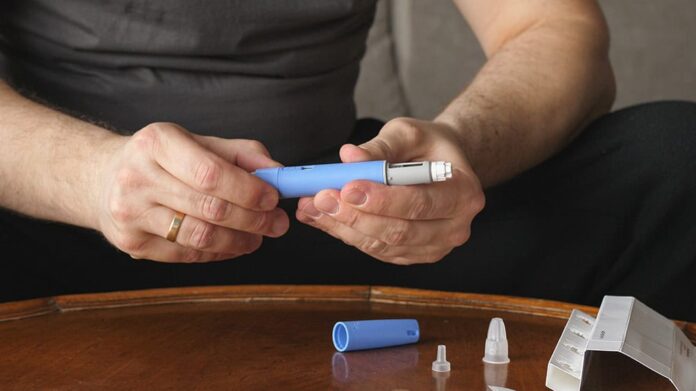People living with diabetes who are taking some diabetes and weight management medicines are being advised to take extra care when preparing for surgery or procedures requiring anaesthesia or deep sedation.
The Australian Therapeutic Goods Administration (TGA) has issued an alert today regarding potential risks associated with a group of medicines known as GLP-1 receptor agonists and dual GIP/GLP-1 receptor agonists.
These medicines, which include commonly used treatments such as Ozempic, Trulicity, Victoza, Saxenda, Wegovy, and Mounjaro, are used to help manage type 2 diabetes and chronic weight issues.
The medicines work in part by slowing down how quickly food leaves the stomach. While this effect can help regulate blood glucose and support weight loss, it may also mean that food remains in the stomach for longer.
During surgery or other procedures that involve general anaesthesia or deep sedation, this slower digestion can increase the risk of regurgitation and inhalation of stomach contents.
To address this, the TGA has required updated safety information in official documentation for all affected medicines. The new warnings advise patients to inform all their health professionals, especially surgeons and anaesthetists, if they are taking these medications. This allows medical teams to adjust fasting times or consider other precautions to reduce potential risks.
Diabetes Australia encourages people using these medicines to discuss any upcoming procedures with their healthcare team. This ensures safe and effective planning.
The update applies to the following medicines currently approved in Australia:
- For diabetes management: Ozempic (semaglutide), Trulicity (dulaglutide), and Victoza (liraglutide)
- For weight management: Saxenda (liraglutide), Wegovy (semaglutide)
- For weight management and diabetes: Mounjaro
For more detailed information, including updates intended for healthcare professionals, please visit the TGA website.

